|
No matter what you call it: Poop, Feces, Stool, Bowel Movement, Number 2, Defecation, Boom-Boom, Turd, or even Trots; it all refers to a very important part of your dog and cat's overall health.
So, what is normal when it comes to your pet's bathroom habits?
It's a common question when you take your dog or cat to the vet: "Is Fluffy having normal bowel movements?" Well, after thinking about it you answer a resounding "Yes!" After all, Fluffy's stools have been normal; normal for her.
We may ask you for a description of the stool. (And don't worry if you take a picture of it to show us. I know it sounds gross to have a picture of poop in your phone, but it really can help us understand what you are seeing!) The Shapes and Colors of Poop
When discussing a pet's feces, it helps to know what's normal, and what is not. Let's check out the things we look for in good GI health.
Consistency
For most dogs and cats a normal, healthy gut produces one bowel movement per day that is shaped like a sausage. It should be easy to pick up and place in a waste receptacle.
Abnormalities to talk to your vet about:
Color
The color will depend on the food being fed, but should typically be light to dark brown in color.
Abnormalities to talk to your vet about:
Frequency and Volume
It is considered normal for a pet to have a bowel movement once a day. The amount of feces produced should correspond to the amount of food they are eating. What goes in, must come out.
Abnormalities to talk to your vet about:
Odor
By it's very nature, feces does have an odor to it from food being digested and the normal gut bacteria.
Abnormalities to talk to your vet about:
Sound
It is normal for pets to have some borborygmus (stomach gurgles or growling). This is from gas bubbles moving along the intestinal track.
Abnormalities to talk to your vet about:
Posturing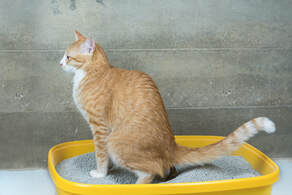
Animals should be able to squat to pass stool. This should not be painful, and they should be able to do so without falling over.
Abnormalities to talk to your vet about:
When in doubt: TELL YOUR VET
If you're ever worried about your pet make sure to have a conversation with your veterinary staff. Never feel embarrassed to discuss your pets gut health. We've heard it all. You'd be surprised at home many photos we've seen on cell phones of a pets poop. And if you're pet has had chronic issues, we're just as excited as you once things get to normal!
AuthorYvonne Brandenburg, RVT, VTS (SAIM) is a Registered Veterinary Technician practicing in California and obtained her Veterinary Technician Specialty in Small Animal Internal Medicine in 2016. She is the founder of InternalMedicineForPetParents.com. For more about Yvonne visit her author page here.  Ready to Work Together?
Thank you!You have successfully joined our subscriber list.
Comments
|

Ready to Work Together?
Thank you!You have successfully joined our subscriber list. This website is NOT a substitute for veterinary care with a veterinarian. We recommend you follow the advice and treatment plan as prescribed by your veterinarian, and only after discussing anything found on this website with your veterinarian, with their approval, implementing advice found here.
Most of the information on this site is free for you to read, watch or listen to, but Internal Medicine for Pet Parents is also a business. So please expect hyperlinks to be affiliate links in many cases, where we receive a small percentage of sales if you wish to purchase. We only recommend tools, books and services that we use, or people we know personally. Integrity and authenticity continue to be of the highest importance to us. Read the privacy policy here. We hope you find the site useful! Thanks – Yvonne and Ashley Check us out on Facebook!
Categories
All
Archives
October 2019
|
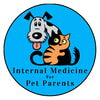
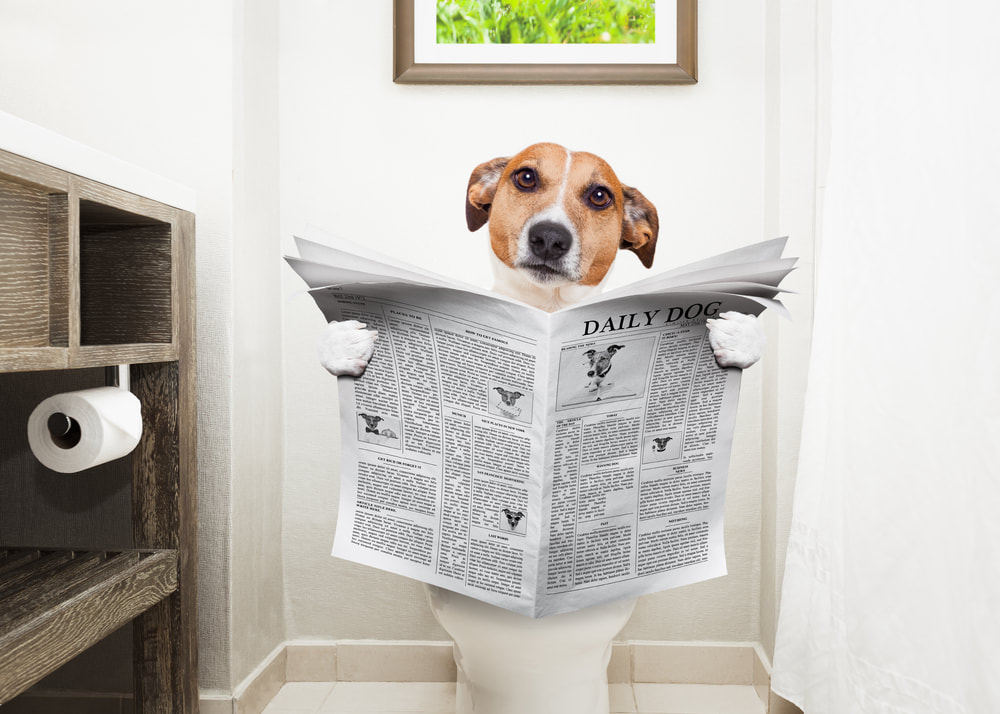
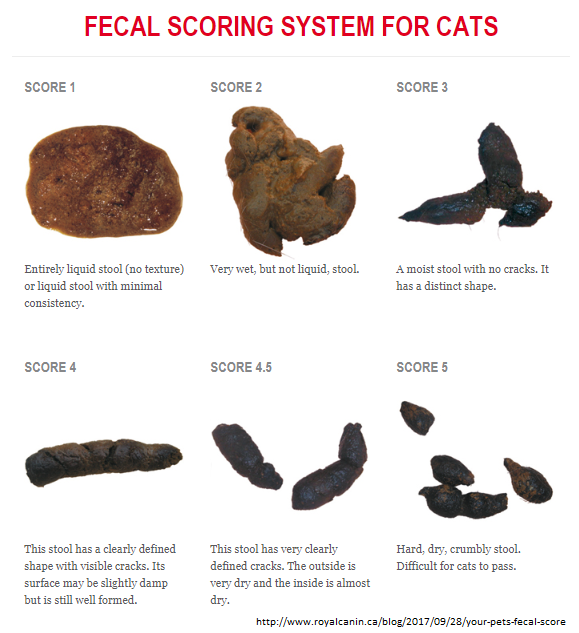
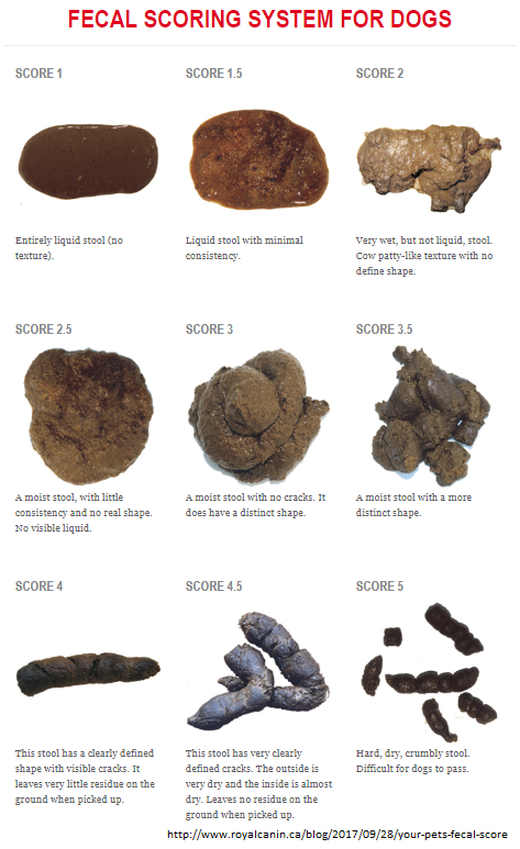
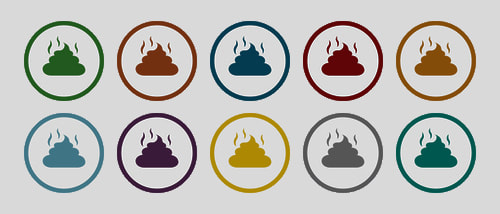
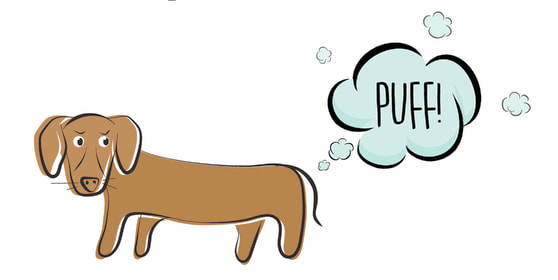
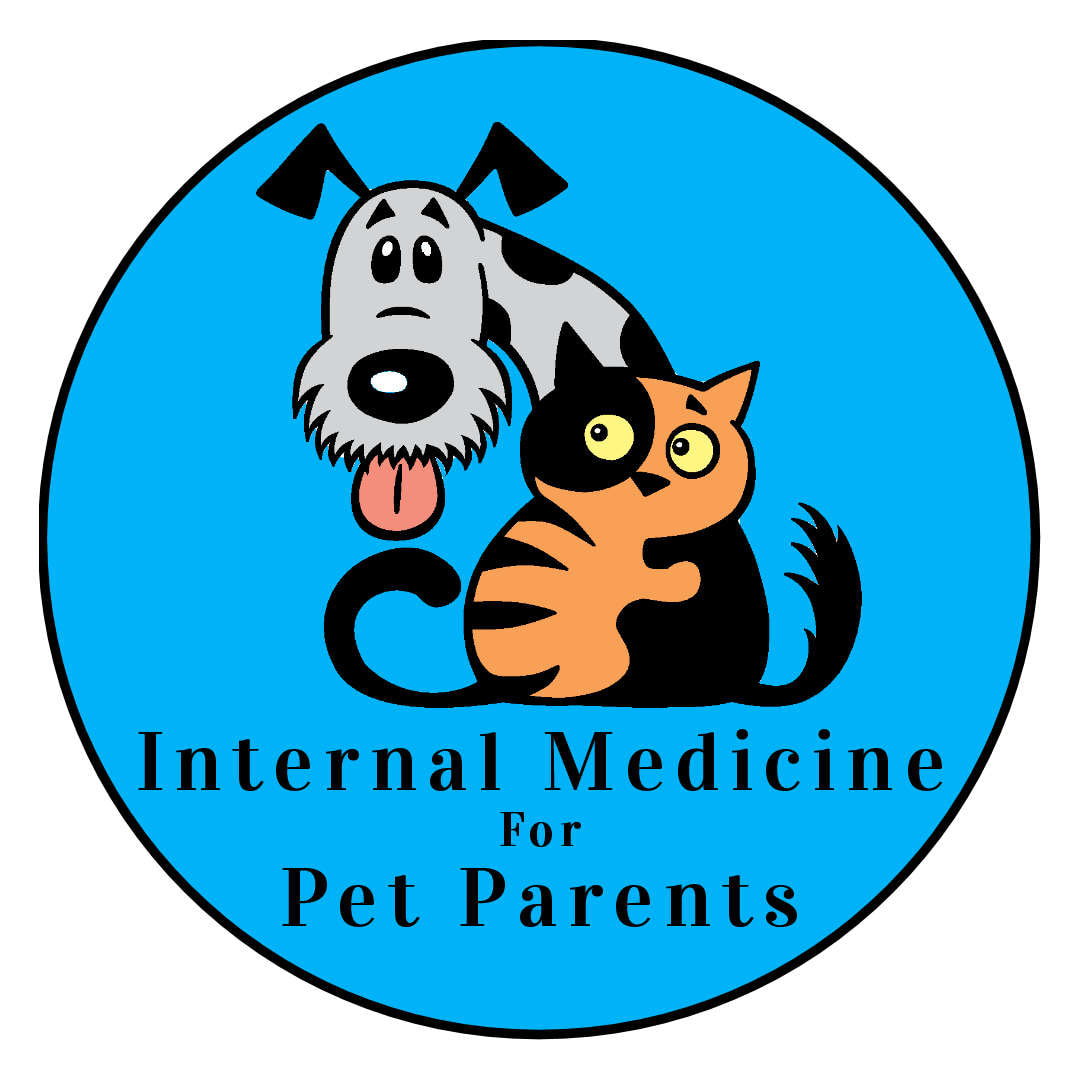
 RSS Feed
RSS Feed